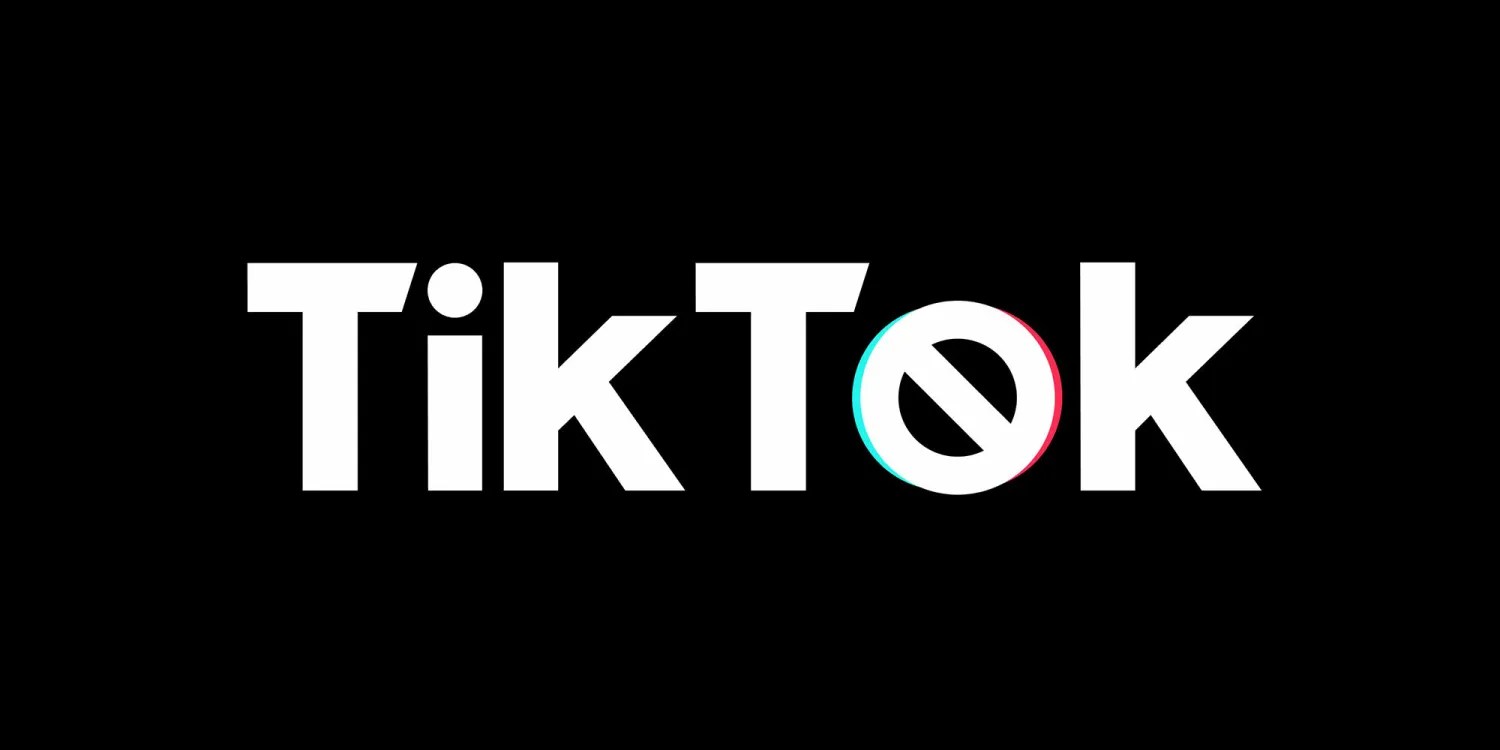
Bytedance, the parent company of TikTok, is suing the US government, arguing that the threatened ban is unconstitutional. The company had previously said it would do so, though it had been unclear whether it would follow through.
The company is fighting a law which forces it to either sell the app to an American company, or be banned from operating in the US …
TikTok ban prospect
Back in March, the House voted overwhelmingly to either ban TikTok from the US, or to force the sale of the app to an American-owned company.
Senators had seemed less convinced of the need for the legislation, so the Department of Justice pushed the sale option rather than the ban. President Biden last week signed off on the bill, which gives Chinese owner ByteDance up to nine months to sell to a US company – though that deadline could be extended to 12 months.
TikTok could also face a separate ban in Europe.
TikTok is suing the US government
Wired reports that the company is now suing the US government, arguing that banning it would violate the First Amendment right to free speech.
In the lawsuit, TikTok says that the law violates the First Amendment and the divesting requirement is “simply not possible.”
“If Congress can do this, it can circumvent the First Amendment by invoking national security and ordering the publisher of any individual newspaper or website to sell to avoid being shut down,” the lawsuit said. “And for TikTok, any such divestiture would disconnect Americans from the rest of the global community on a platform devoted to shared content—an outcome fundamentally at odds with the Constitution’s commitment to both free speech and individual liberty.”
The piece notes that Bytedance may well have a strong case.
Last year, the state of Montana passed a law to ban the app, but a federal judge issued an injunction blocking the law from going into effect, saying it likely violated the First Amendment.
“TikTok’s challenge to the ban is important, and we expect it to succeed,” Jameel Jaffer, executive director of the Knight First Amendment Institute at Columbia University, said in a statement on Tuesday. “The First Amendment means the government can’t restrict Americans’ access to ideas, information, or media from abroad without a very good reason for it—and no such reason exists here.”
The US government has used a national security justification for the action, though some of those claims were thrown into doubt when one likely source was revealed.
FTC: We use income earning auto affiliate links. More.




Comments